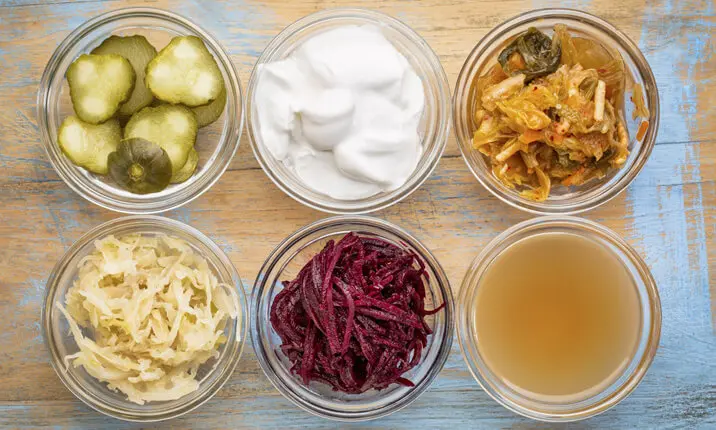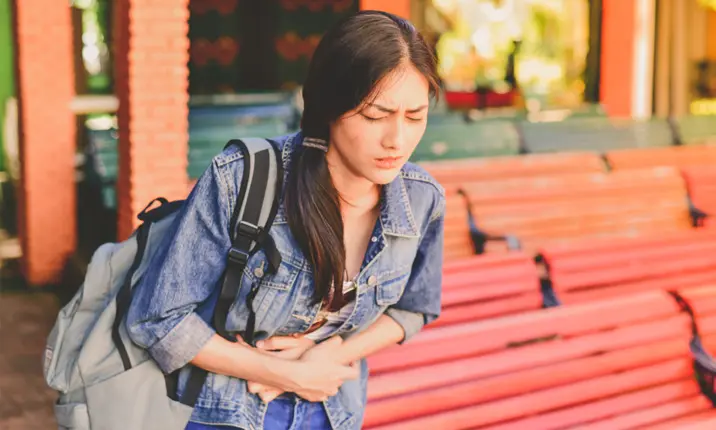
How to Prevent Food Poisoning When Travelling
14 Jun 2024
Food poisoning is a food-borne illness that you can contract by eating contaminated food. It is more common than we think, affecting 30 – 70% of travellers, depending on the destination and season of travel. Prevention is always better than cure, so read on to learn what you can do to avoid and manage food poisoning before and during your travels.
Visit the doctor before you travel
It is recommended for travellers to visit their family doctor or a general practitioner (GP) 4 – 6 weeks before departure. This is especially pertinent for the elderly, young children, pregnant ladies, and people who have complex medical history or currently on immunosuppressive medications. Even if you're a last-minute traveller, you can still reap the benefit from a quick visit to the doctor on the day of travel.
What you can gain from the consultation:
- Tips on how to prevent food poisoning when you're overseas
- Recommended vaccinations depending on your destination
- A travel medical kit, including necessary medication in case of food poisoning
If you're packing your own medical kit, Dr Chuah Sai Wei suggests a few essential items for tackling key symptoms of food poisoning:
- Anti-emetic or anti-sickness medication
In the case of food poisoning, these help to ease symptoms of nausea or vomiting, which can come in handy if you're on the road or without convenient access to toilets.
- Oral rehydration salts
When you're vomiting and having loose stools, you lose water and electrolytes. These salts help to replace your body's lost water and electrolytes to prevent dehydration.
- Anti-diarrhoea medication
If you're travelling on a bus, car, or long-haul flights, this medication can help to reduce the frequency of your bowel movements.
- Antibiotics
Take antibiotics targeting the most frequent infections in traveller's diarrhoea, and follow the appropriate written instructions regarding their use.
Practise good hand hygiene and eat only cooked foods
During your travels, make sure to wash your hands with soap and water after each toilet visit and before every meal. If you lack access to clean water and soap, a hand sanitiser with at least 60% of alcohol content will also do the trick.
It's easy to get carried away with eating while you're on holiday, but do keep a careful eye out on what you consume to avoid food poisoning. Some tips from Dr Chuah:
- Choose thoroughly cooked food
- Eat fresh fruits and vegetables only if you can peel them or wash them with clean water
- Always drink boiled water or bottled drinks
- Avoid having ice
- Avoid unpasteurised dairy products (eg. milk and cheese)
- Make sure food cans are not bulging or dented
What to do if you get food poisoning while abroad?
Symptoms of food poisoning can typically be managed with anti-diarrhoea, anti-sickness medication and adequate hydration, though the extent of self-treatment depends on the accessibility of reliable medical care at your travel destination.
When to seek medical attention:
- If your diarrhoea is severe enough to interrupt travel plans. An antibiotic can be prescribed to carry along with you for the rest of your trip
- If symptoms persist for 24 – 36 hours despite self-treatment
- If there is blood or pus in the stool or vomit, coupled with persistent fever above 380C and severe abdominal pain
- If you are experiencing signs of dehydration or botulism (a rare but serious illness caused by toxins produced by the bacterium Clostridium botulinum)
Tip: Even if you can't keep your food down, try to take plenty of fluids (preferably oral rehydration solutions or sports drinks) as an alternative to replenish water and electrolytes. Avoid spicy food, dairy products and caffeinated drinks and go for bland foods until symptoms of diarrhoea have subsided.
Do home remedies really work for traveller's diarrhoea?
There is no scientific evidence supporting most natural remedies, although some can consider taking probiotics, which are microorganisms that have beneficial properties for the host. The use of probiotics has been studied in the prevention of traveller's diarrhoea but the results are inconclusive.
However, probiotics may be considered in adults and children with presumed infectious diarrheal illness. Studies have found a modest reduction in the duration of infectious diarrhoea with the use of probiotics. Probiotics can also be useful to manage irritable bowel syndrome symptoms.
Other preventive measures to consider for traveller's diarrhoea
Currently, there are no vaccines available for most pathogens that cause traveller's diarrhoea. However, some multi-dose vaccines (like hepatitis A) can still provide partial protection after a dose. Some can also be given on an 'accelerated schedule', where doses are given within a shorter period of time. However, in order for most of these travel vaccines to become fully effective, multiple shots are required, unless your doctor says otherwise.
The vaccines you need will depend on your destination, planned activities, record of prior immunisation, and health conditions. Dr Chuah also warned that vaccines do not provide 100% protection, and travellers should still be mindful with their hygiene and food choices.
How long before you recover from food poisoning?
Untreated bacterial diarrhoea usually lasts 3 – 7 days, while viral diarrhoea generally lasts 2 – 3 days. Protozoal diarrhoea, however, can persist for weeks to months without treatment. In fact, protozoal pathogens generally have an incubation period of 1 – 2 weeks and rarely present symptoms in the first few days of travel. Hence, it could take several weeks for symptoms to show, so do note your recent travels when you visit the doctor for diarrhoea.
A recent bout of gastroenteritis (stomach flu) can also lead to persistent gastrointestinal symptoms, even in the absence of continued infection (post-infectious irritable bowel syndrome).







